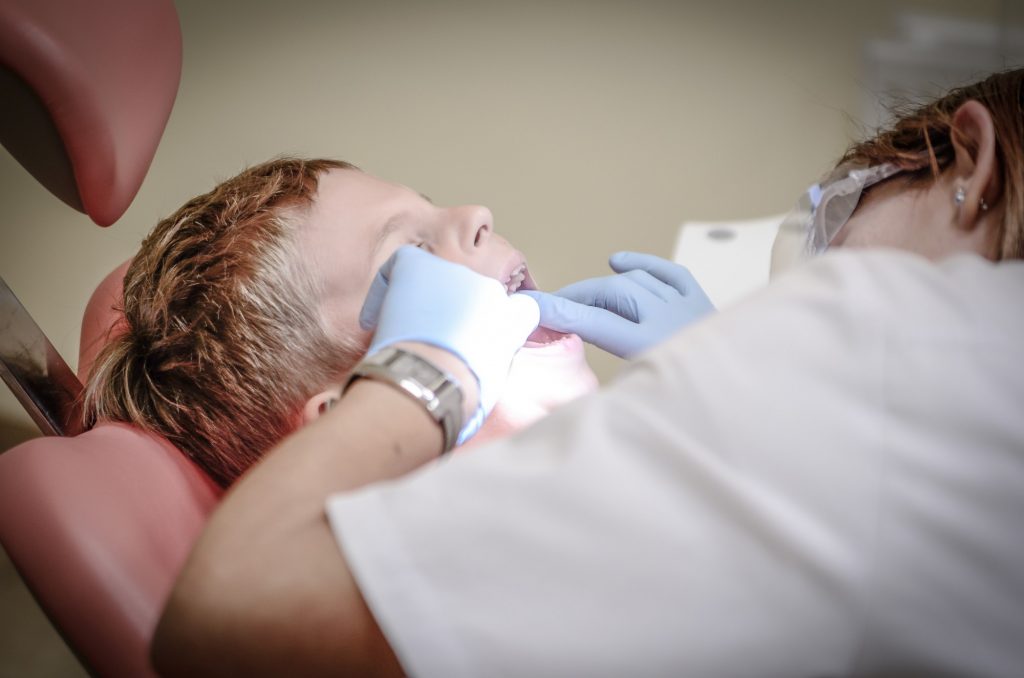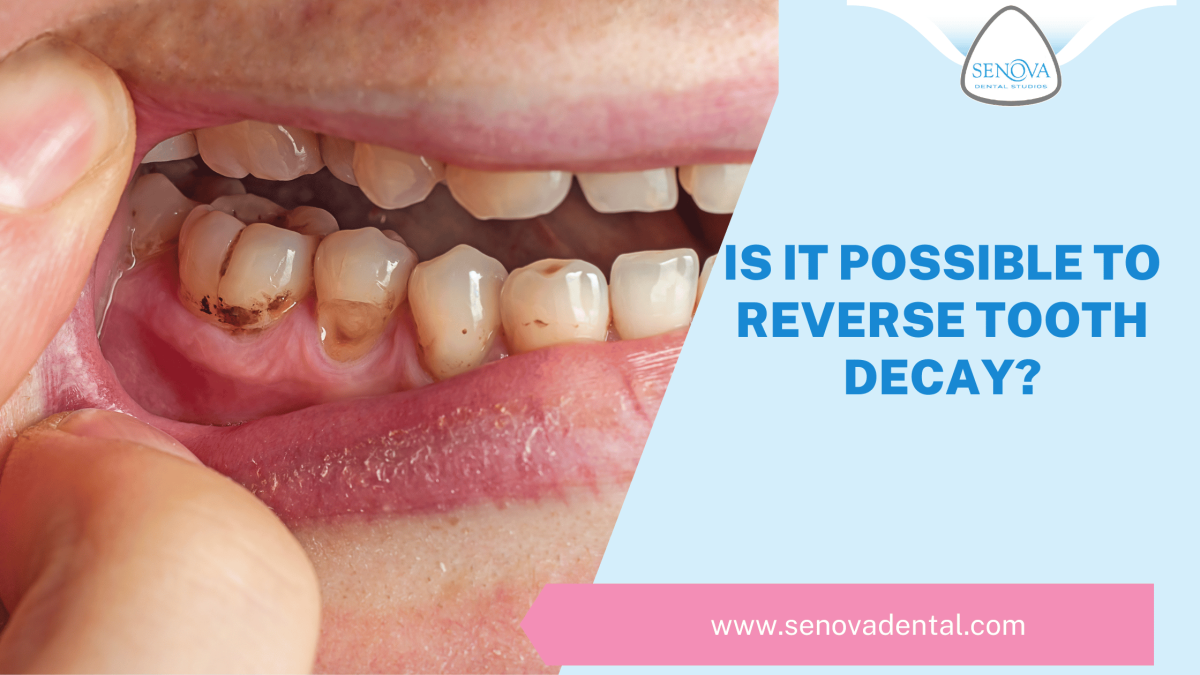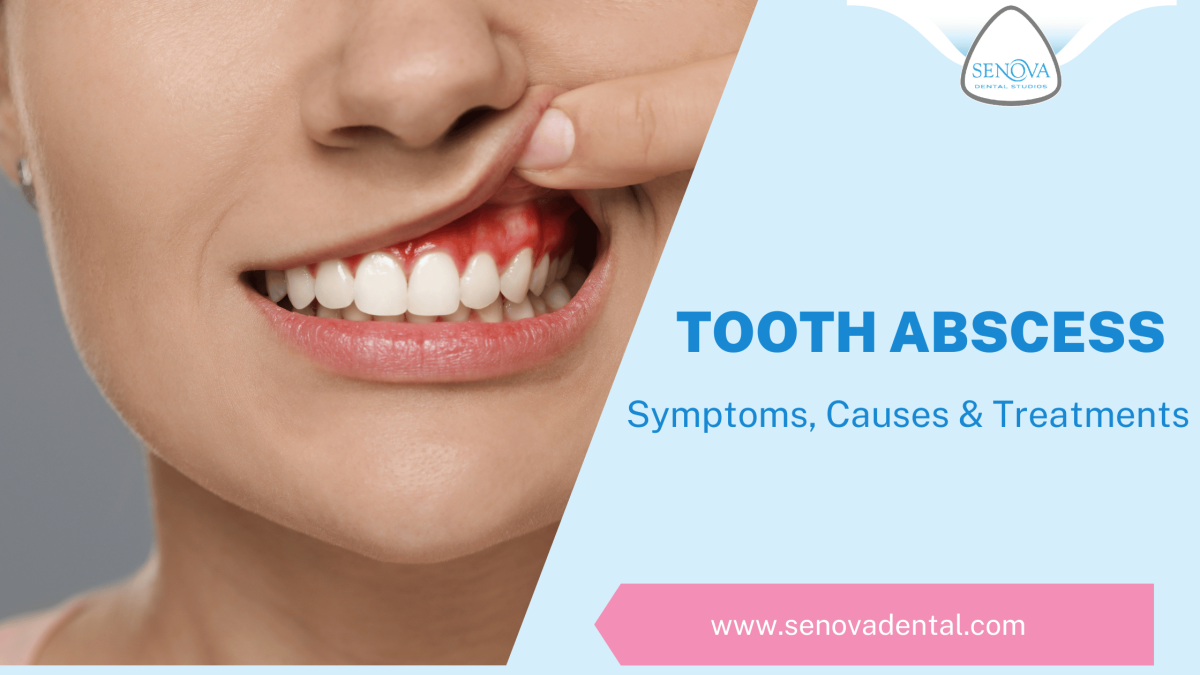
Almost one in four of UK’s five-year-old children had dental decay in 2019. Moreover, in kids who had dental cavities, such issues occurred in an average of three to four teeth.
Unfortunately, dental problems are amongst the common reasons for missed school days. On average, children with oral health concerns are absent for at least three days. Some kids, especially those who have severe mouth pain, have even missed up to 15 school days.
The good news is, dental fissure sealants can help prevent tooth decay. They can be especially helpful now, what with kids about to head back to school.
What exactly are dental fissures, though, and why would you want to have them sealed? How can such sealants help keep tooth decay at bay?
We’ll answer all these questions below, so please be sure to read on!
What Are Tooth Fissures?
On the surface of the teeth are many small depressions, called “pits,” and grooves, or “fissures.” The teeth that often have the most pits and fissures are the premolars and molars, which are at the back of the mouth. However, the incisors and canines (the front teeth), may also have these indentations.
Now, keep in mind that the mouth is home to at least 700 bacterial species. Some of these are “good” bacteria, helping create saliva. Many others contribute to plaque formation.
Plaque is the film of sticky, clear substance that constantly forms on the teeth and causes decay. Scientists say that they form around the teeth in minutes, but they start colonising in two to six hours.
Seeing as these pits and fissures are like “dents”, they make it easier for plaque to form on the surfaces of the teeth. As such, within a couple of hours of not brushing the teeth, these indentations can already be full of plaque.
What Then Are Dental Fissure Sealants?
Fissure sealants are materials that act as covers for the pits and grooves of the teeth. They help prevent bacteria, as well as food debris, from getting stuck in these areas of the teeth. In this way, they help protect the teeth from decay-causing elements.
Most of the fissure sealant materials used today are resin or plastic. They are safe, and a children’s dentist in Watford only needs a few minutes to place them on each of your child’s tooth.
The Main Protective Features of a Fissure Sealant
When applied to the tooth, the sealants occupy the pits and grooves that can harbour food and plaque. This, in turn, helps to keep food debris from getting stuck and attracting bad bacteria. In addition, the fewer “dents” on the teeth give harmful bacteria fewer hiding places.
Many studies have shown that teeth with fissure sealants are less prone to dental decay. The actual numbers and rates vary. However, one study found that molars with sealants had up to 78% fewer caries than unsealed teeth.
Sealants also make the teeth easier to brush and clean. That’s because they help to reduce the “deepness” of these indentations. As a result, they increase the cleaning reach of toothbrush bristles.
Who Should Get Them?
Fissure sealants are most effective when applied as soon as the tooth has erupted. This is usually at the age of six or seven. In some kids though, the back teeth can come through earlier, sometimes by age five.
What’s vital is to consider having your child get fissure sealants as soon as the back teeth start to show. This way, you can help them avoid dental decay which can lead to intense toothaches.
Dental Fissure Sealant Procedure
One of the main benefits of a fissure sealant is its quick and easy application. As mentioned above, it only takes a few minutes to treat each tooth with a sealant. Most patients also say that the placement itself doesn’t involve any pain.
Here’s a quick fissure sealant step by step guide, so you and your child know what to expect during the dental visit.
Cleaning of the Tooth Surface
Your Watford dentist will prepare and clean the tooth first. This ensures that no plaque or dental calculus (hardened plaque) remains on the tooth. This is crucial, as any debris will make it harder for the sealant to adhere to the tooth.
Complete Drying of the Tooth Surface
Dentists call this part of the process as “isolation.” It involves ensuring that the tooth that will get sealed is dry and free of saliva. A dentist may use a rubber dam, but if this makes your child uneasy, cotton rolls and dry field pads are often enough.
Conditioning the Tooth
The dentist will then apply a special solution on the tooth to further “condition” its surface. This will also help the fissure sealant adhere or stick better to the tooth’s surface. It also offers the extra benefit of eliminating bacteria in the pits and fissures.
Drying and Applying the Sealant
After several seconds, your dentist will ask your child to rinse his or her mouth. The dentist will then dry the tooth again before finally applying the sealant.
The dentist will use a special curing light on the now-covered tooth. This light triggers the resin material to harden and stabilise. This part usually only takes about a minute.
Once the sealant solidifies, the dentist conducts a final check of the treated tooth. This ensures that the tooth cover is stable, secure, and doesn’t affect the bite. If everything is in order, you and your little one can go home right after.
How Long Do Sealants Last?
According to the NHS, fissure sealants can last anywhere from five to 10 years. Despite this, such protective covers can cost as little as £22.00 per tooth. That’s a small price to pay for your little one’s long-term oral health care and wellbeing.
Keep Your Little One’s Pearly Whites Free of Decay
As you can see, dental fissure sealants are an integral part of good oral hygiene. They help protect teeth from food debris and bacteria that can cause painful tooth decay. They also make brushing and flossing easier, further protecting the tooth from cavities.
So, as early as now, help your little one prepare for the new school year with sealant-protected teeth.
If you’re in need of a dental team in Watford, Senova Dental Studios is ready to help. Aside from fissure sealants, we offer other dental services for the whole family. Please feel free to get in touch with us or book your appointment online.
==STOP PRESS==
Mouthguards for kids
?HALF PRICE Now £45* until end of September?
Adopt a “No Mouthguard No play” policy
Call today 01923 233600
✅ Hockey
✅ Rugby
✅ Squash
✅ Martial Arts
✅ Mountain Biking
✅ All contact sports
☎️Please call the reception team for details on 01923 233600☎️
*for children and joining our kids health plan

- Is It Possible To Reverse Tooth Decay? - September 29, 2024
- Tooth Abscess: Symptoms, Causes & Treatments - September 5, 2024
- Why No Dairy After Dental Implant? Here’s What To Eat - July 30, 2024




